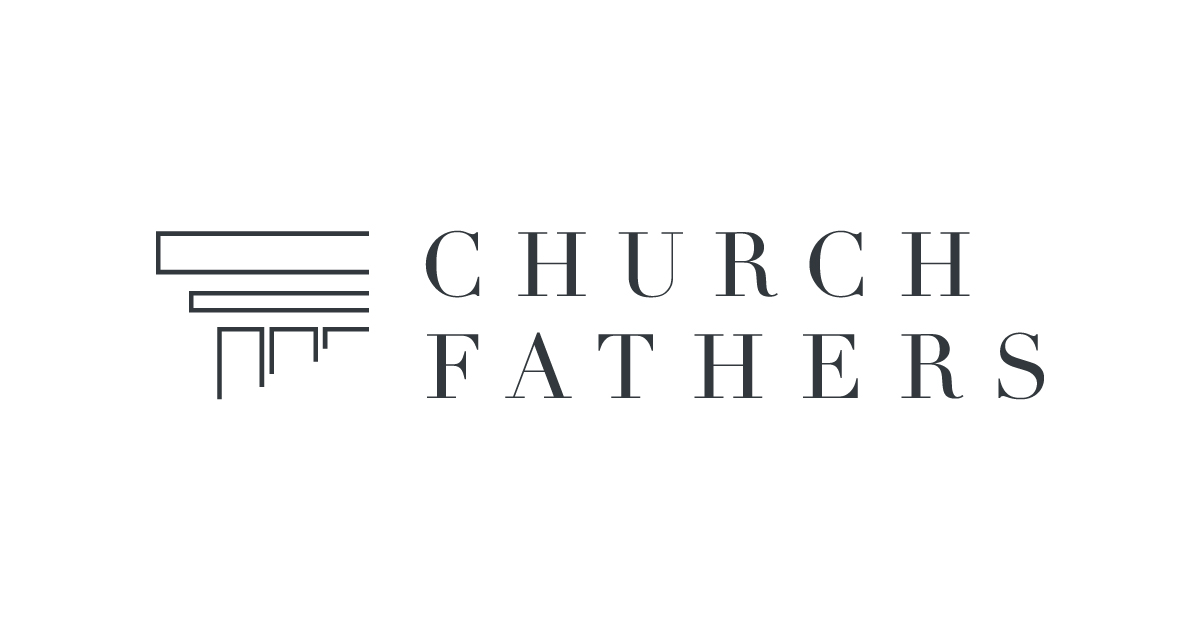- Nov 23, 2022
- 8,303
- 1,522
- 73
- Country
- United States
- Gender
- Male
- Faith
- Methodist
- Marital Status
- Married
The perpetual virginity of Mary is a Christian doctrine that Mary, the mother of Jesus, was a virgin "before, during and after" the birth of Christ.[2] In Western Christianity, the Catholic Church adheres to the doctrine, as do some Lutherans, Anglicans, Reformed, and other Protestants.[3][4][5][6][7] The Oriental Orthodox Churches also adhere to this doctrine as part of their ongoing tradition,[8] and Eastern Orthodox churches recognize Mary as Aeiparthenos, meaning "ever-virgin".[9] It is one of the four Marian dogmas of the Catholic Church.[10] Most modern nonconformist Protestants reject the doctrine.[11]

 en.wikipedia.org
en.wikipedia.org



